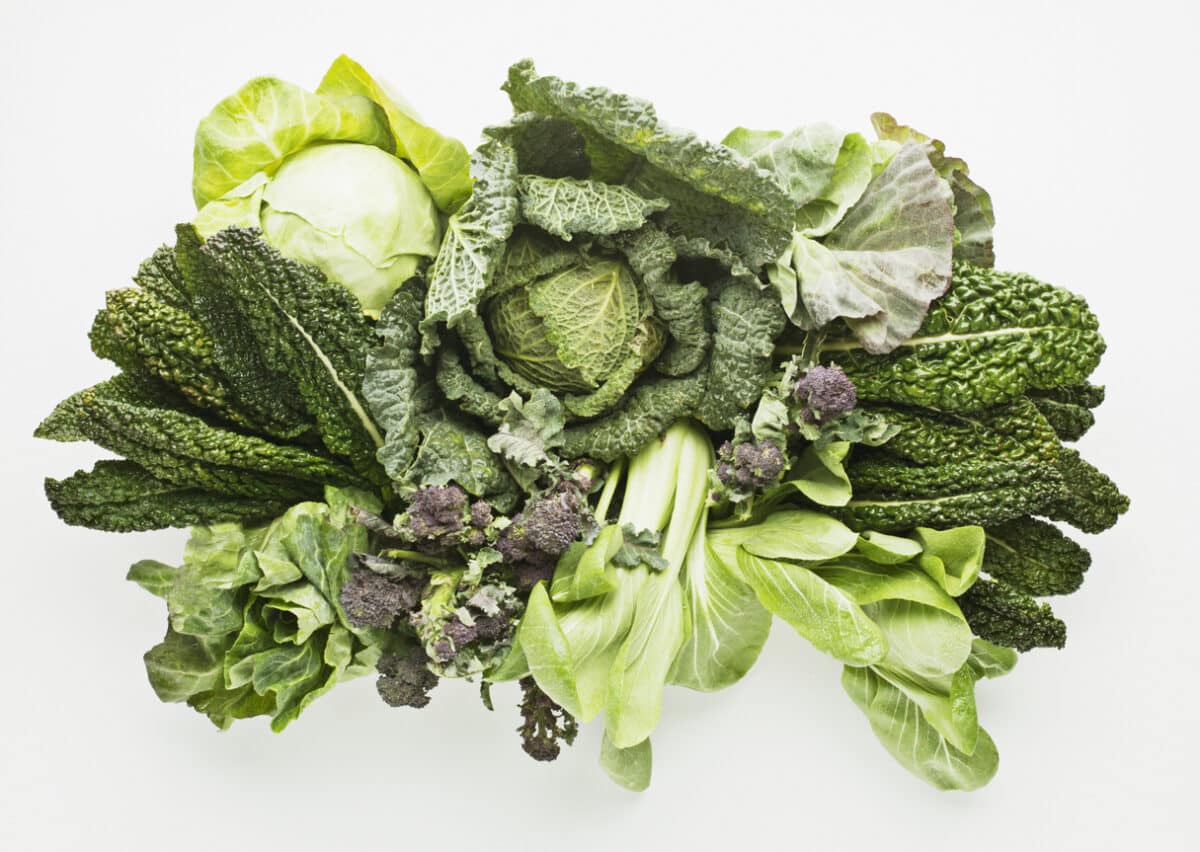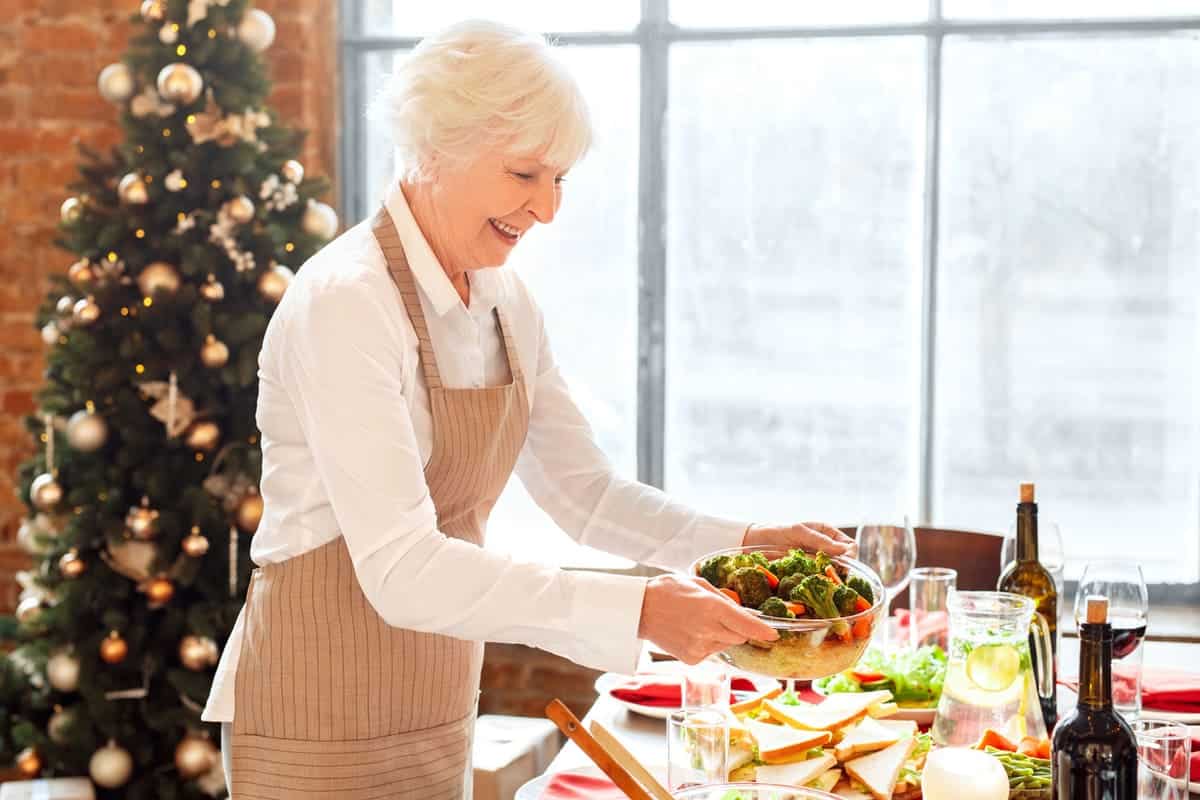We are a nation of very busy people. We have places to be and things to do. And bellies to fill. So, we often eat on the run or while we’re doing three or four other things, and it’s not leading us to very good places. It’s even worse during the holidays, when we’re often overstuffed, especially with all the seasonal treats tempting us left and right. Or, maybe we’re eating our emotions, especially this time of year. In the end, we feel miserable, but it’s not just the short-term discomfort hurting us. Our choices can do long-term damage, too. The food choices we make impact not just our physical health but our mental health and well-being, as well.
So, let’s make better choices.
Let’s be more mindful of what we put in our mouths and bodies.
I know, I know. Asking that during the holidays is a big request. But the sooner you start making the change, the sooner you’ll start feeling better.
So first, let’s clarify what being mindful means. It’s about focusing on every bite. So, try to eliminate, or at least restrict, your distractions. Focus on tasting and experiencing the food in front of you. Eat in the moment, so to speak, savoring and enjoying each bite, then rest for a minute before you dig in on the next mouthful.
How can you slow down all the outside distractions and eat intentionally, you ask? Well, we’re here to help.
Tip 1: Figure out first if you’re even hungry.

Are you just bored, instead? Or maybe feeling lonely, overwhelmed, or anxious. Figuring out your relationship with food and recognizing the cues between being hungry and being emotional will help you break a habit and learn a helpful alternative to “eating your emotions.”
Tip 2: Think about what your body really needs…
…instead of just what you’re craving (cookies for me, every single time). If you’re just eating because it’s a traditional mealtime, try skipping the food for a bit, then eat when you’re actually hungry.
Tip 3: Get rid of the distractions.
Stay off your phone while you’re eating. Turn off the radio, TV, and other digital devices. Focus on the food and the food alone unless you have a guest at the table. Then, by all means, enjoy your company – and your nourishment – slowly.
Tip 4: Set a place and eat at the table.

Devouring food on the go in the car or standing up at your desk is not our idea of mindful eating. Your mind needs to be focused on the actual bites, the chewing, the satisfaction of recognizing when you’re full and stopping the eating, even if there’s more on your plate.
Tip 5: Put your fork down between bites.
If you do this, you’ll slow yourself down. It’ll break your habit of shoveling forkfuls into your mouth repeatedly. If you can stop yourself from gulping it all down and slowly taking and chewing each bite, you’re more likely to stay in the present during mealtime. You’ll also be more likely to know when you’re actually full. Chewing slowly can help your digestion, too. That’s because saliva contains enzymes that chemically break down food. The more you chew it, the easier it is to digest and for your body to absorb its nutrients. Going slowly also allows the brain to get the signals that your gut is full and to stop before you end up uncomfortable.
Tip 6: Eat more greens.

Getting more greens on your plate will increase your fiber intake, which will keep you feeling full longer. It’ll also help keep things moving through your body. The goal should be to go for dark, leafy greens, like kale.
Tip 7: Think ahead.
If you know you typically overindulge at a party, fill up before you go so you know you don’t really want a plateful of less healthy food when you arrive. By all means, if something looks incredible, grab a small serving and try just a bite. Then you won’t feel like you’re somehow being punished or starving yourself, but instead, you will get the bite and then mentally let it go. Be mindful about what you’ve eaten, what you’re offered, and what you really need in your body.
Tip 8: Stop using food to cope.

If you’re using food to cope with other issues, by all means, stop and digest that. Why do you think a cookie will taste sweeter than getting a hug, for example? If you’re feeling stressed, take a walk around the block instead of around the dessert table. You don’t want to make a lot of emotional food choices, so do things beyond the kitchen and dining room to make sure you’re not struggling mentally. That might mean declining a party invite if it makes you feel stressed or saying no to a night out with those friends who you know leave you feeling drained.
These tips can help you beyond the holidays. In fact, if you make them a habit during the holiday season, it’ll be that much easier to maintain all next year and for the rest of your life.
Read Next:
Give Your Brain a Break with Mindful Breathing







